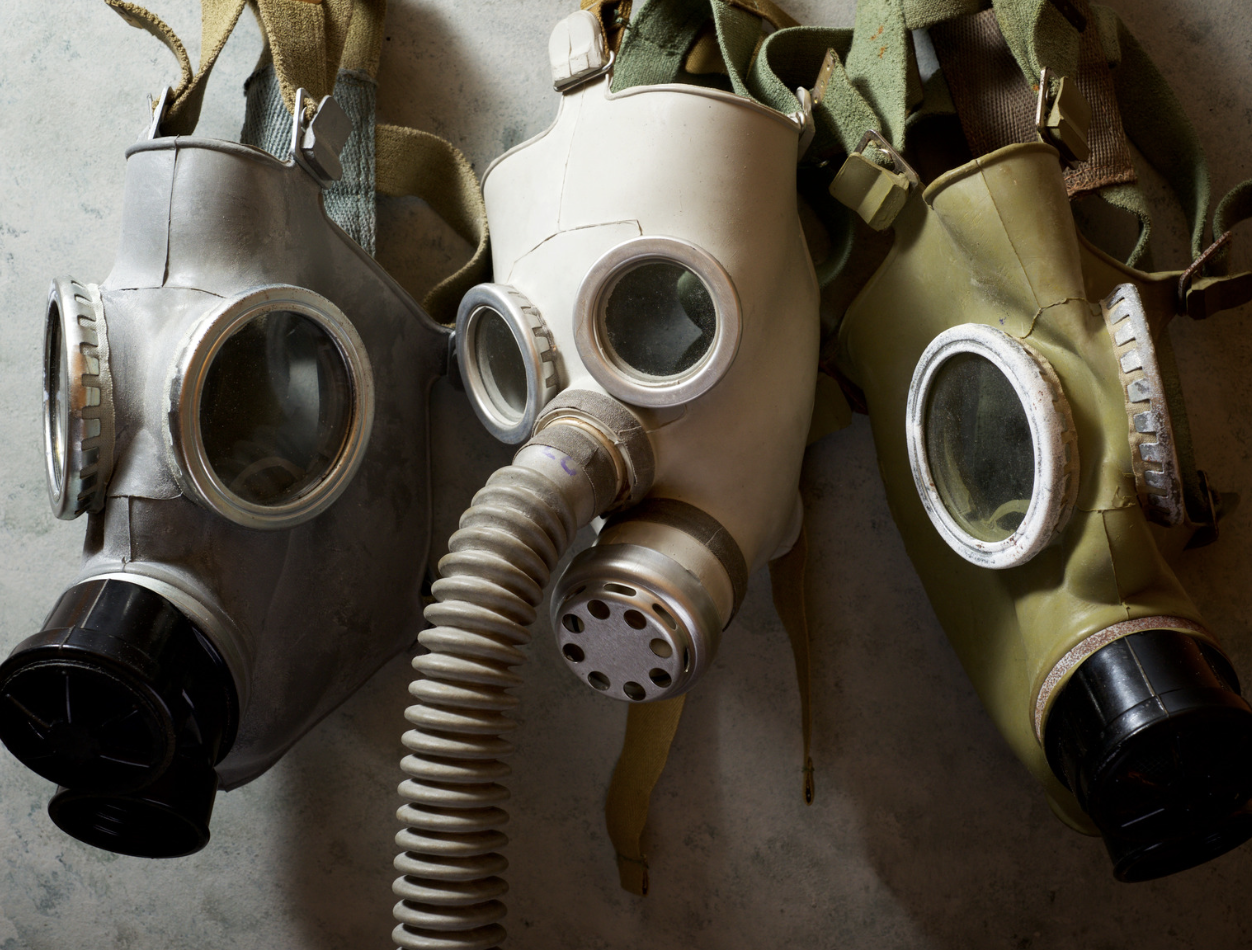Reise
Stille Bedrohung: Ungesehene Fälle von Vogelgrippe beim Menschen bei US-Milcharbeitern entdeckt
Werbung
Der jüngste Nachweis von Antikörpern gegen den äußerst virulenten Stamm H5N1 bei einer kleinen Anzahl von Milcharbeitern in Michigan und Colorado hat Licht auf die potenziellen Risiken der Vogelgrippe geworfen. Während die Mehrheit der positiv getesteten Personen keine schweren Symptome zeigte, wächst unter Experten die Sorge, dass das Virus in der Lage sein könnte, zu gefährlicheren Formen zu mutieren. Die unkontrollierte Ausbreitung des Virus stellt eine Bedrohung für die Tier- und Menschenpopulation dar und unterstreicht die Notwendigkeit proaktiver Maßnahmen zur Verhinderung weiterer Ausbrüche.
In Kambodscha ist ein Hybridstamm der Vogelgrippe aufgetreten, der zum Tod mehrerer Patienten geführt hat. Dieser von Geflügel übertragene Stamm enthält Mutationen, die seine Fähigkeit zur Verbreitung durch Übertragung über die Luft und zur Infektion von Säugetieren erhöhen. Trotz aller Bemühungen, den Ausbruch einzudämmen, besteht weiterhin die Gefahr einer Übertragung von Mensch zu Mensch, was die Bedeutung einer kontinuierlichen Überwachung und Beobachtung unterstreicht.
Kanada meldete vor Kurzem den ersten Fall der Vogelgrippe bei einem Menschen. Es handelte sich um einen jungen Patienten mit einem mutierten Stamm des Virus, der mit der Krankheit bei Milchvieh in den USA in Verbindung gebracht wird. Der kritische Zustand des Patienten und das Vorhandensein genetischer Mutationen, die die Infektiosität des Virus erhöhen, unterstreichen die Unberechenbarkeit des Virus und die Notwendigkeit wirksamer Strategien zur Ausbruchsbekämpfung.
Die Ergebnisse bei Milchvieharbeitern in den USA haben die Centers for Disease Control and Prevention (CDC) dazu veranlasst, die Bedeutung der Verwendung persönlicher Schutzausrüstung (PSA) bei der Arbeit mit Tieren, die mit HPAI A(H5)-Viren infiziert sind, hervorzuheben. Die geringe Nutzung der empfohlenen persönlichen Schutzausrüstung (PSA) durch die Arbeitnehmer unterstreicht die Notwendigkeit einer verbesserten Aufklärung und Schulung, um eine Ansteckung zu verhindern und das Infektionsrisiko zu verringern.
Gesundheitsbehörden fordern alle dazu auf, Sichtungen kranker oder toter Vögel zu melden und im Umgang mit Tieren auf gute Hygiene zu achten. Zu den Symptomen der Vogelgrippe bei Tieren zählen Schläfrigkeit, Koordinationsstörungen und ungewöhnliches Verhalten, die als frühe Warnzeichen einer Infektion dienen können. Die weitreichenden Auswirkungen der Vogelgrippe auf die heimischen Vogelpopulationen erfordern aufmerksame Überwachungs- und Eindämmungsbemühungen, um eine weitere Ausbreitung zu verhindern.
Derzeit werden Anstrengungen unternommen, einen Impfstoff gegen die Vogelgrippe für Menschen zu entwickeln. Die Forscher arbeiten intensiv daran, die sich entwickelnden Bedrohungen durch das Virus zu bekämpfen. Die Zusammenarbeit zwischen Regierungsbehörden, medizinischem Fachpersonal und wissenschaftlichen Experten ist von entscheidender Bedeutung für die Bewältigung aktueller Ausbrüche und die Vorbereitung auf künftige Herausforderungen. Durch eine verstärkte Überwachung, die Umsetzung vorbeugender Maßnahmen und die Sensibilisierung der Öffentlichkeit können wir die mit der Vogelgrippe verbundenen Risiken mindern und die Gesundheit von Mensch und Tier schützen.





